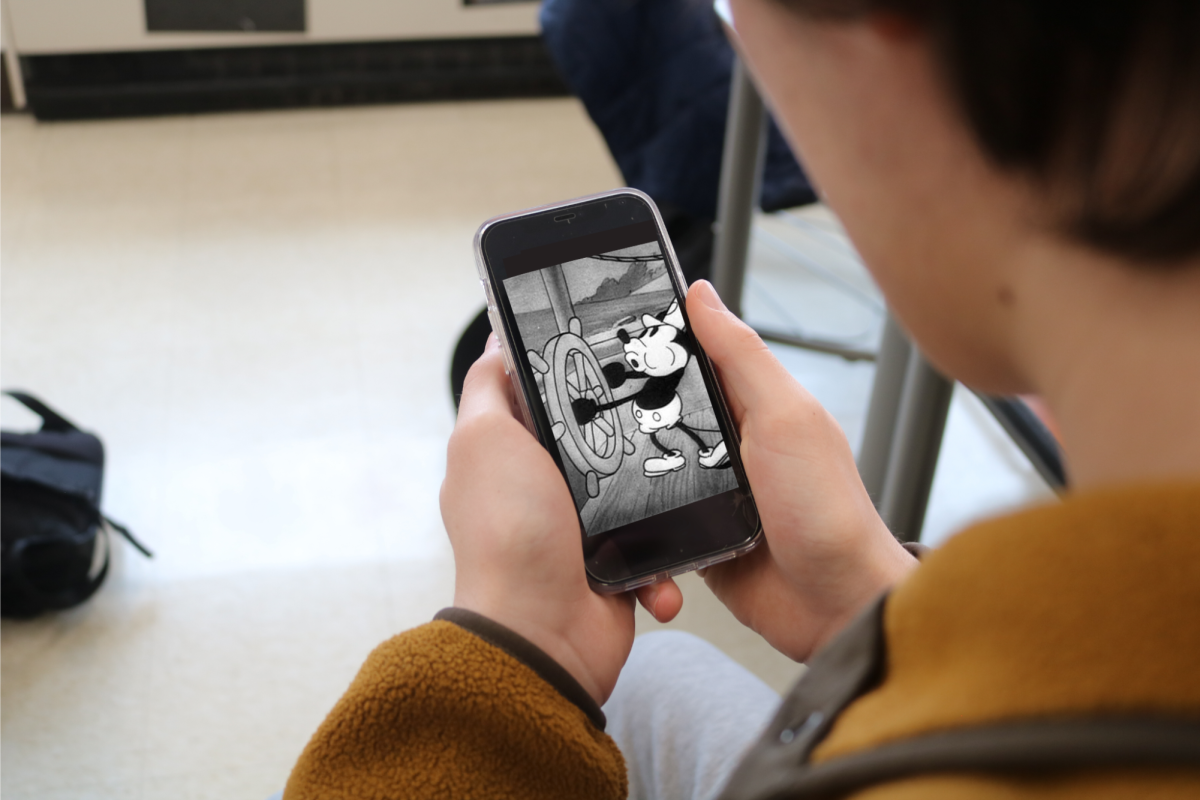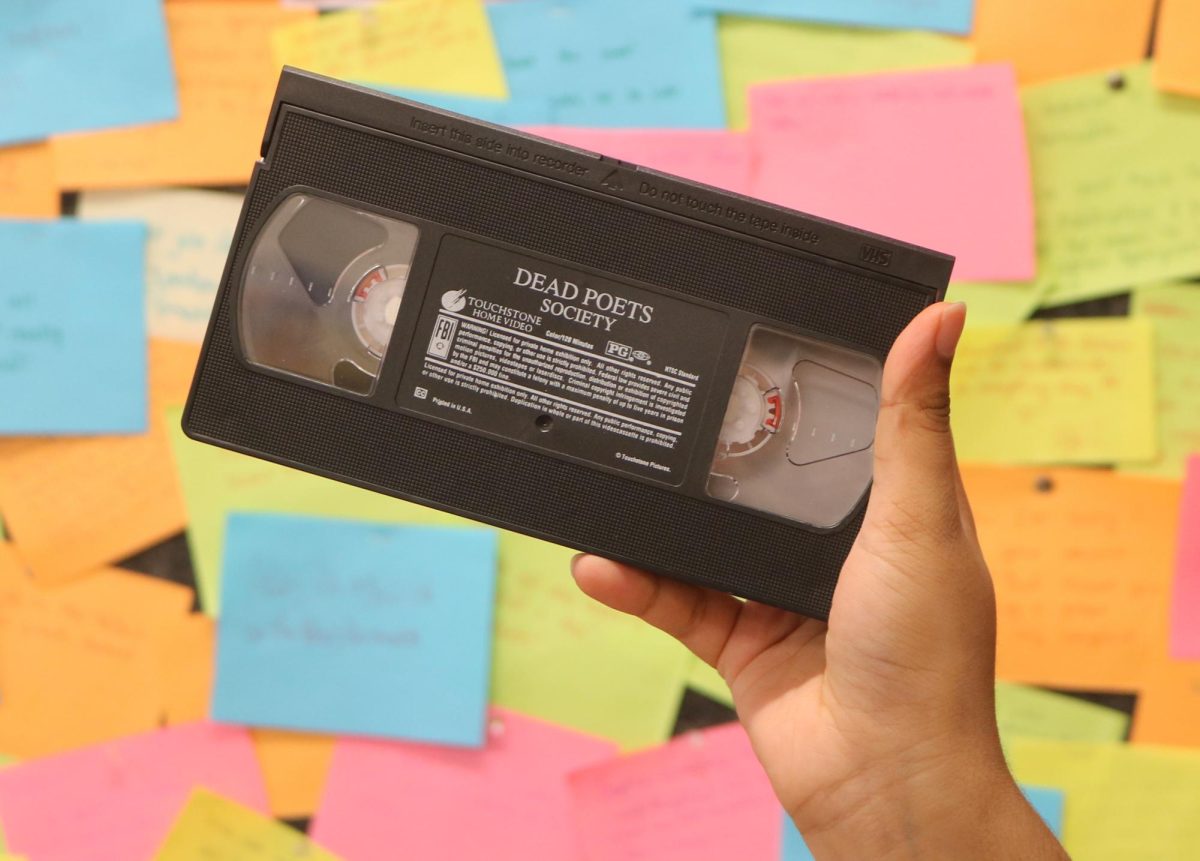Remember in 8th grade when everyone was on Facebook? People used to spend hours of the day messaging their friends, writing clever statuses, or even taking care of a virtual farm.
So, why has the use of Facebook among teenagers been decreasing in the last couple of years?
According to an unscientific survey of 150 Libertyville High School students, the four most popular social media among LHS students are Instagram, Twitter, YouTube, and Tumblr. That being said, what happened to Facebook?
Facebook was created on February 4, 2004, in Cambridge, Massachusetts by Mark Zuckerberg while attending Harvard University. The site had a slow increase of hits from November 2006 at 1% of it’s total popularity to December 2012 where it reached it’s highest peak at 100%. Then, in January 2013, the usage of Facebook slowly started to decrease, according to Google Trends.
There are a lot of good things about Facebook. Facebook helps people keep in touch with each other. If a person doesn’t have someone’s phone number but need to shoot them a quick text, they can use Facebook messenger, which works the same way as the texting app on any smartphone.
People can send e-vites to events, which can be delivered instantly. They can reach more people than a written invitation could and, by inviting people over Facebook, people don’t have to spend a lot of time searching for the address of every individual person.
Facebook can be a confidence booster. Who doesn’t feel good when they open Facebook on their birthday to a stream of happy thoughts and good wishes, get good feedback on a selfie, or get tons of likes on a status?
“It’s pretty satisfying when you get a lot of likes on a picture,” said senior Evan Johnston.
Facebook seems to be where posts on other social media websites take their final breaths. Scrolling down the Facebook wall is an almost guaranteed way to see old text posts from Tumblr, videos from Vine, and the occasional feel-good YouTube video.
“It’s a simple source of entertainment. I like how all the vines and instagram posts lead back to it,” said senior Mark Girgis.
Even though there are many positives to Facebook, it seems there are also, if not more, negatives.
Being able to search what a person is interested in is an important aspect of social media. On Twitter, Tumblr, and Instagram, people can search with hashtags, which link them to similar posts. On Facebook, hashtags aren’t links to other pages.
Another downside is the amount of ads that seem to pop up around every corner. Pages that have been “liked” on Facebook get recorded, which in turn creates personalized ads that will come up around Facebook’s wall. Ads can be for anything. They are just normally tailored around the interest of each individual Facebook user.
When asked what he would change about Facebook if he could change anything, junior Ryan Behm replied, “Ads. Literally half of what you are looking at is ads. It’s not what people are posting and I don’t really want to see them.”
A common complaint among the LHS student body was that people aren’t free to post what they wish on their accounts on the count of Facebook being taken over by relatives who comment on too many things.
“Facebook has too many relatives on it,” said junior Brandon Cortina. “I would also like there to be a dislike button so I could ‘dislike’ some of the drama.”
According to Facebook Insights, the age group that uses Facebook the most are 21-30 year-olds at 49%. Following that are 13-20 year-olds at 31%, then 31+ year-olds, who make up 20% of Facebook profiles.
“I dislike having family members on Facebook because they comment on posts and make a lot of them awkward,” said senior Mandy Marquard.
Obviously, every social media website will have drama but there is no drama like Facebook drama.
“I don’t like all the drama that people post,” said Girgis when asked what he would change about Facebook if he could change anything.
Everyone has seen the statuses that don’t mention names but say things like “Wow, I thought I could trust you, guess not” which normally lead into some kind of spiraling fight. These can become so ridiculous they make sane people want to pop some popcorn, sit in front of their monitors, and laugh at the pointless argument going back and forth.
There are quite a few social media website alternatives to Facebook. There are new ones popping up every day, each with its own thing that attract different types of people to them and away from Facebook.
“There are just more social media options now. It’s kind of like how MySpace dropped when Facebook actually was popular,” said freshman Riley Sneen about the lack of Facebook use in the last couple of years.
Although Facebook has about 500 million users and Instagram has just over 200 million users, 32% of the randomly polled students of Libertyville High School have chosen Instagram as the best social media outlet.
On Instagram, there are no written posts. It’s all pictures with an option to add a caption and other people have the option to add an additional comment on the photos. There is an option for a short description so people can read a little about the person whose instagram account they are on. They have an icon picture and next to that is a tracker that shows how many posts they have made, how many people are following them, and how many people they are following.
“I like pictures more than writing,” said Sneen, who prefers Instagram to other social media sites.
Sneen isn’t alone in her opinion. Most of the LHS student body, when asked, said that they check their Instagrams three to five times a day, while the popular answer for Facebook was only once a week.
On Twitter, when a person makes a post, it will show a real/preferred name and their username, which helps link others to their page. A great thing about Twitter is the option to follow rather than to friend because then if a person doesn’t like what someone else is posting, then that person can unfollow them or vice versa.
Many people like Twitter because it puts them in closer contact with their favorite celebrity. They can see what the celeb may be doing at that moment rather than wait to find out later in a magazine or on E! News. They also have an opportunity to actually talk to the celebrity. People have the ability to tag the person they want to see the tweet and if they are lucky, the celebrity might respond. USA Today has stated that Twitter had a popularity boom in April of 2012. The people behind Twitter speculate that this is actually in relation to Beyoncé joining Twitter earlier that same month.
Another plus to Twitter is that it’s short and instant. Refreshing your page brings a plethora of new posts that have just been made.
“I like that it’s instant. I can see what people are doing right now where as [on] Facebook, you see the entire day. Like if I’m watching sports or something, I can see what people are thinking right now,” said Behm about Twitter.
Another alternative to Facebook is Tumblr. On Tumblr there are no “walls” like Facebook, but instead there is a dashboard. When making a Tumblr, a person is actually making a blog with a unique URL that is completely customizable to their standards.
Having a URL can be more convenient. Say a person wanted to find their friend Joe Smith. On Facebook, they could get tons of different Joe Smiths to search through before they found their friend. But on tumblr, the person could just type in Joe’s unique URL and find him instantly.
Another great thing about tumblr is being able to connect with more people that share the same interests. This could be with photography, TV shows, movies, books, animals, science or anything else that makes that person happy. All there is to it is just typing in the search bar whatever the thing may be and it will show all the posts that have been tagged (hashtagged) with the same thing that was typed in.
“I prefer Tumblr because it’s a good outlet for self expression and it’s more private. You can do you on there and not think about what anyone else is going to say,” said Marquard.
To quote The Lion King, “It’s the circle of life.” Websites may fade but the internet is forever. New websites spring up every day that draw attention away from old websites. Unless they constantly change with the times, Facebook, Twitter, Instagram, and Tumblr will all end up like MySpace. It’s possible that a new form of social media that wasn’t thought of before will pop up next week, drawing attention away from all of the previously mentioned sites. Whatever does end up happening, it’s unlikely that we will ever live in a social media-free world again. There will always be another site that captures the attention of the masses.



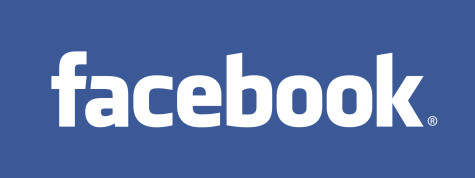

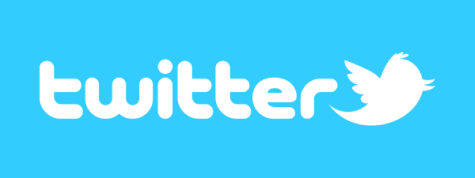
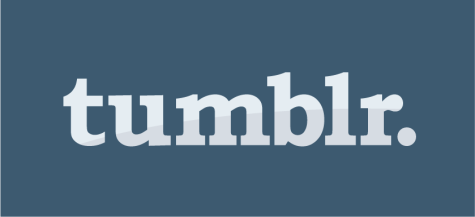
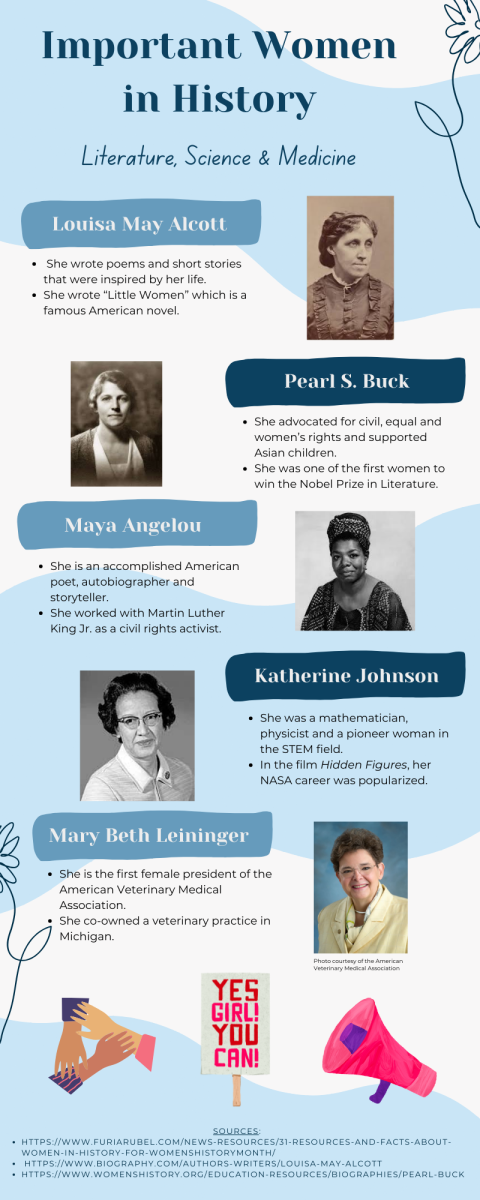
![Mr. Scott Brzezinski poses for a photo while working at ShurWay Moving in Libertyville where his cousin Mr. Eric Brzezinski also works. He appreciates that LHS prepares students for their future by providing a variety of opportunities. “[There are] a lot of different resources that LHS has between colleges and counselors,” he said. (Photo courtesy of Mr. Scott Brzezinski)](https://www.lhsdoi.com/wp-content/uploads/2025/02/Mr.-Scott-Brzezinski-Photo-2-1200x1200.jpg)
